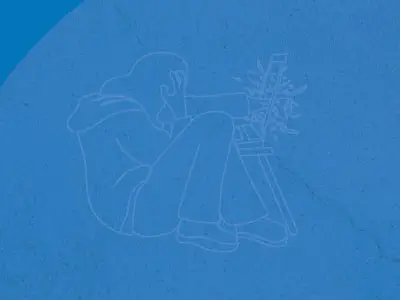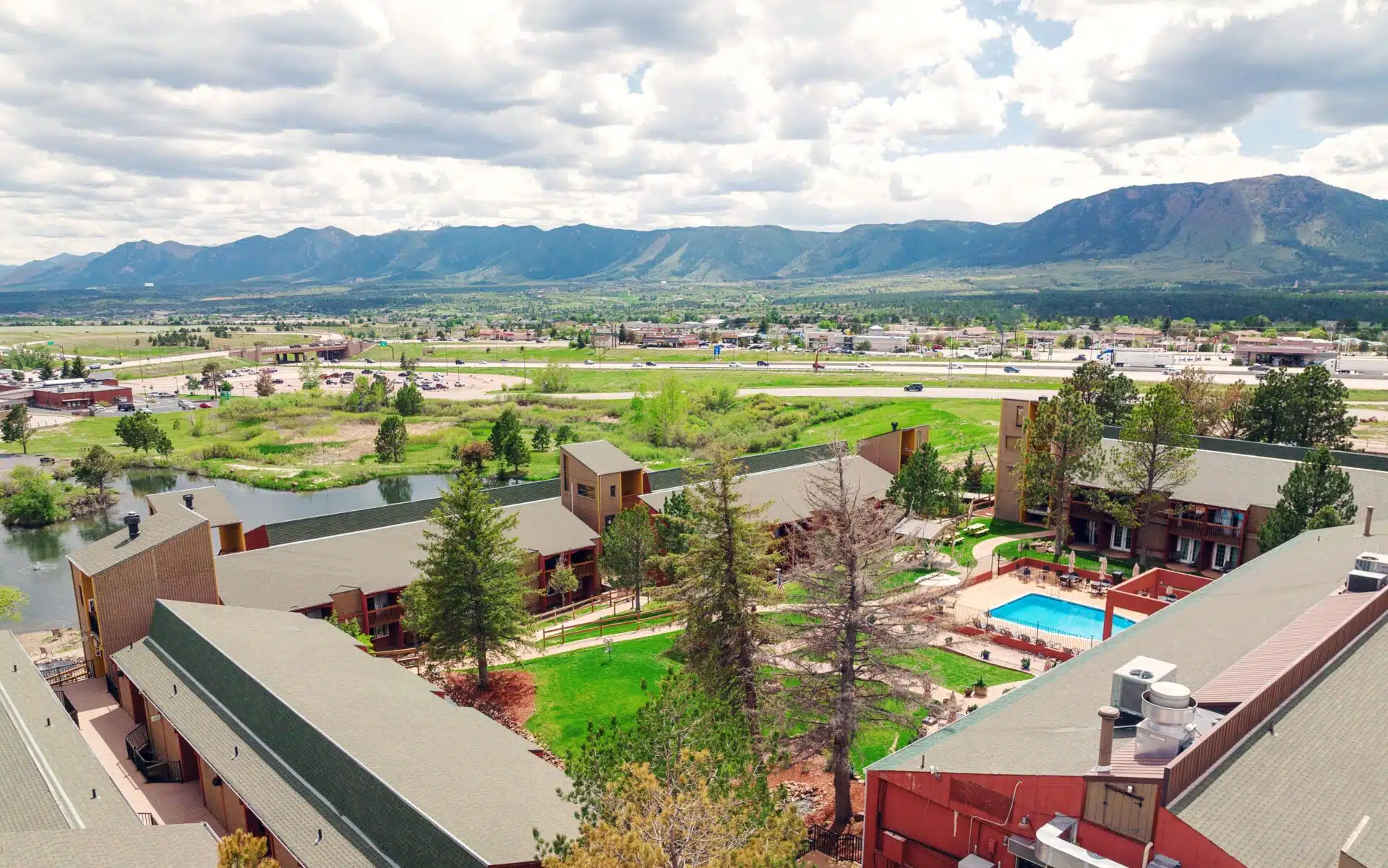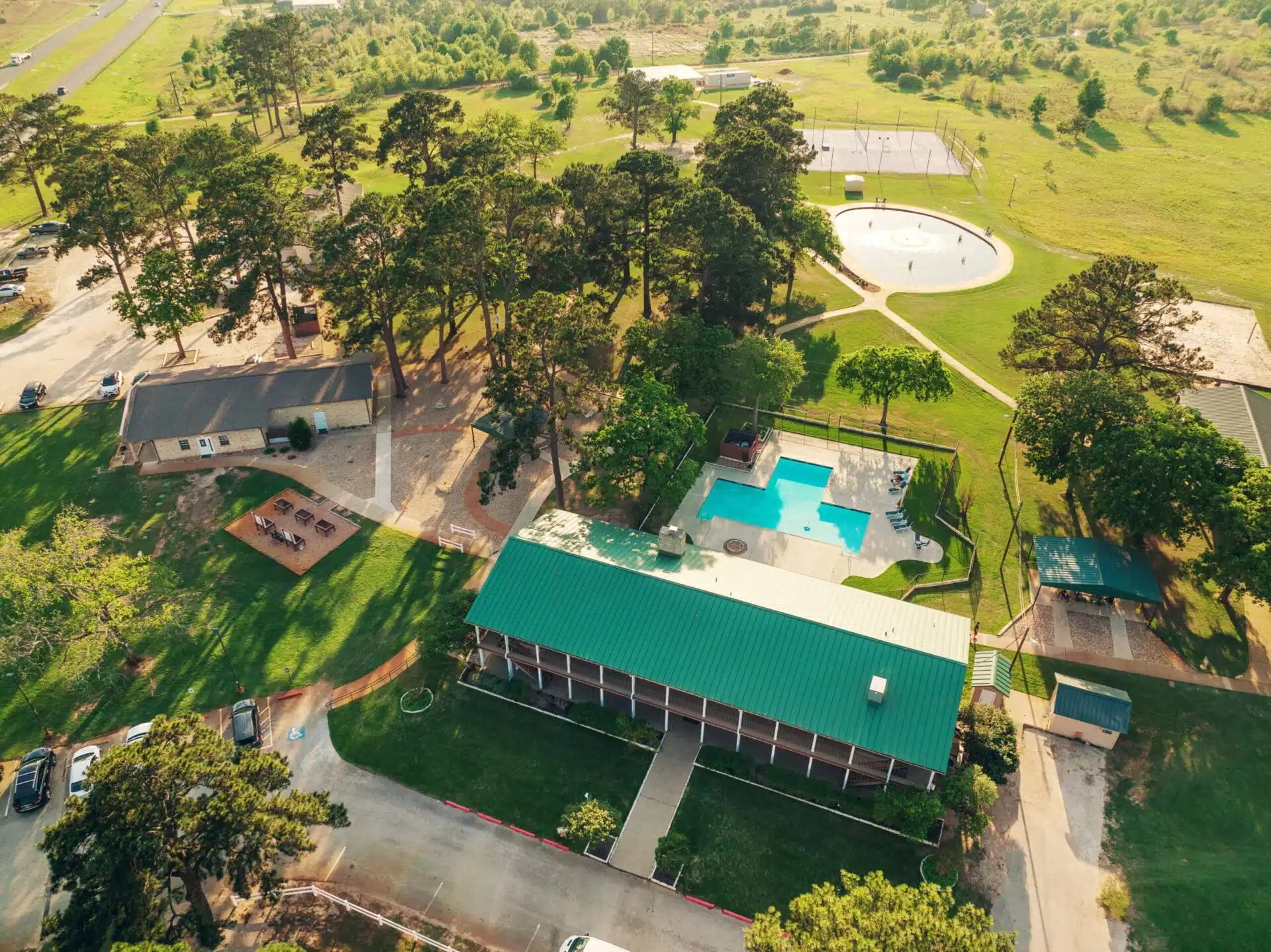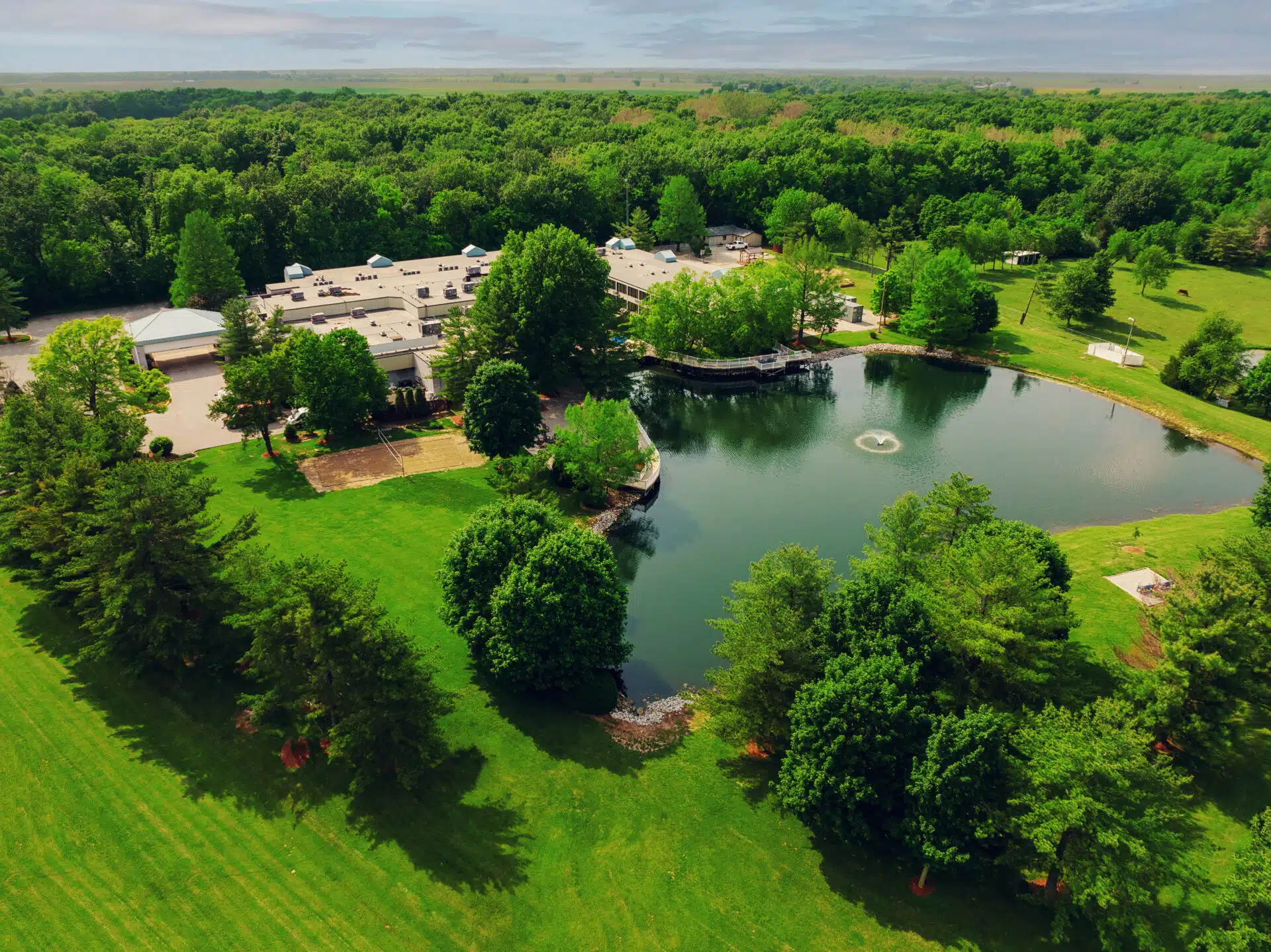The biggest problem with stopping any substance use disorder—alcohol, prescription medications, illegal drugs, or other substances—isn’t that it’s hard to do. It is, but within a few days or weeks of abstinence, the withdrawal process is complete and your body no longer physically craves the substance.
The problem is that you have to stop not just for a few weeks or months or even years, but for the rest of your life. Substance use disorder (SUD) or addiction does not have a permanent cure. Even after 23 years, it is possible to relapse.
That’s not a number pulled out of thin air. Actor Philip Seymour Hoffman struggled with SUD in his 20s but became sober. He became a respected and acclaimed actor and found a loving life partner, only to fall back into addiction after 23 years following a few personal setbacks and the pressures of fame and responsibility. He died within a year from a fatal combination of multiple drugs.
What Is Addiction?
Addiction, according to the 2016 U.S. surgeon general’s report Facing Addiction in America, “is a chronic illness that we must approach with the same skill and compassion with which we approach heart disease, diabetes, and cancer.” It is the most severe form of SUD, actually making changes to the brain, and is characterized by compulsive substance use.
It usually doesn’t happen overnight. Addiction is a process. It may start as a one-time use of a substance that graduates to occasional use, then regular misuse, until it becomes a full-blown addiction.
In 2015, an estimated 9% of Americans “met diagnostic criteria for a substance use disorder for alcohol or illicit drugs” or both, according to the surgeon general. That’s approximately 22 million people. Of that group, only about 10% found any kind of help.
Many more people engage in less severe misuse of substances (binge drinking alcohol, unapproved use of prescription medications, experimenting with illicit drugs such as heroin), which, while falling short of a SUD, can result in harm to oneself or others (impaired driving, unsafe sex, domestic violence). Addiction varies by drug, how addictive is meth is different than .
What Causes Addiction?
SUD isn’t caused by a lack of intelligence, mental weakness, or poor morals. People who test higher on intelligence tests are more likely to use drugs.
There are many possible causes of addiction, such as a genetic predisposition to addiction, chronic pain, a co-occurring mental health disorder, or a desire to engage in risk-taking behavior.
SUD rewires the brain’s reward system. Instead of deriving pleasure from chemicals that the body produces naturally, the brain now depends on external forms of the chemicals or similar variations. The body stops producing them in sufficient quantity on its own.
As they become accustomed to the higher, constant levels of these chemicals, the body and brain require more and larger amounts of the chemicals just to prevent withdrawal, and larger quantities still to experience the pain relief, pleasure, or euphoria that may have led to the drug use in the first place.
What Is Recovery?
Although there is no known or medically accepted cure for addiction or other substance misuses, there are processes to learn and to condition yourself to stop using substances. Recovery is the process of overcoming addiction.
Recovery begins with the decision to stop and seek help, continues with detox and withdrawal from substance use, then progresses to learning new ways to cope with the stresses or situations that triggered your substance use and the temptation to resume use. Detoxing can vary by drug; the comedown from heroin is much different than cocaine comedown. How to get ativan out of your system is different than.
Once you’ve gone through the withdrawal process—the pain your body and mind experience because they think they need the drugs not just for pleasure but to survive—you might think the worst is over.
Unfortunately, stopping is not enough. A person experiences a substance use disorder (SUD) for a reason, and that reason may still exist or will later recur. The underlying reasons must be addressed too.
Therapy, such as cognitive behavioral therapy (CBT), individual and group therapy, and peer support groups such as Alcoholics Anonymous are necessary to learn new patterns of behavior, new coping skills so the next setback you encounter in your personal or professional life doesn’t make you reach for the bottle of alcohol or pills.
What Is a Relapse?
When people in recovery from a SUD resume using that substance once, it could be called a lapse. When they continue its use regularly, as frequently and in the same or greater quantity than before, it is a relapse.
Most people don’t seek SUD treatment until they have tried and failed to quit on their own. That makes relapse prevention the most common reason people seek SUD treatment in the first place.
The surgeon general’s report says “changes in brain structure and function … promote and sustain addiction and contribute to relapse” so that more than 60 percent of the 10 percent who get help for a SUD “experience relapse within the first year.” It is similar to going on a diet or quitting smoking or biting your fingernails. The temptation to resume is great because it is not just about willpower. SUD is in the brain, physically and mentally.
According to a 2015 article from the Yale Journal of Biology and Medicine, relapse breaks down into three stages:
- Emotional. During this stage, individuals may not be aware that they are at risk of relapse. They haven’t resumed substance use, but subconsciously they are preparing the ground. Often, the emotional component of relapse doesn’t mean that people are expressing their emotions. Instead, they are suppressing them. They become isolated, keeping problems and feelings bottled up, and not taking care of themselves. If they do go to support meetings, they don’t speak or otherwise participate. They are in denial.
- Mental. Now the struggle to resume use is conscious.The individuals are thinking of using, romanticizing their former substance use, rationalizing that it wasn’t the use that was bad but how they handled it. They’re planning when and how to use.
- Physical. Use starts again. Even a one-time physical lapse—usually a window of opportunity during when people think they won’t be caught—can cause emotional and mental relapses, leading to uncontrolled use.
Relapse is not failure unless you just give up trying to fight your substance use disorder. It is important to wean off the drug properly; for example how to wean of Adderall may be different than quitting meth. Like quitting smoking, treating addiction often takes more than one attempt. Don’t quit quitting. If one method failed for you, you can supplement it or replace it with another.
What Causes a Relapse?
The brain. One of the main causes of relapse is the same thing that causes addiction in the first place: the changes to the brain. With abstinence, the brain does seem to return to an almost normal state, but the degree and length of time may depend on the substance. Whether it ever returns completely to normal is unknown, there is not enough research.
That the majority of substance users who have gone through recovery do relapse and that relapse is possible decades later suggests that the brain may never completely recover. That doesn’t mean failure is inevitable.
Impatience. As with addiction and recovery, relapse is a process. However, people often want to rush things. We want to believe we are well and stop doing as soon as possible the things an ill person must do to recover. We stop taking antibiotics too soon, we put too much strain on still healing bones and muscles, and we want to believe that our addiction is cured. We stop doing the necessary work.
Repairing the damage done by addiction can take two or three years or more, but most addiction rehab stays end within a few months.
The Yale article adds that relapse after recovery is due to individuals attempting to return to their old lives without changing anything except their substance use. The result is that we think we don’t need to do our recovery homework to stay sober any longer.
Triggers. When people become sober, returning to their old lives may mean returning to the people, places, and situations where they used substances. An old drinking buddy, bar, or stress-inducing job can cause a relapse. Talk to a Intake Coordinator
Take The First Step Towards Recovery
How Can I Prevent a Relapse?
Any time people with addictions stop themselves from using is relapse prevention, but they shouldn’t wait until they are reaching for the substance to stop. The best time to prevent a relapse is while you are in rehab.
SUD rehab isn’t just about stopping substance use now. It is about finding out why you were using these substances in the first place and how to become a person who doesn’t use them. This often involves:
- Learning techniques to cope with the problems—stress, anxiety, depression, mental health issues—that led to the SUD.
- Changing behaviors to avoid people, places, and situations that might trigger the impulse to use.
- Controlling the craving to use with Food and Drug Administration-approved medications.
Cognitive behavioral therapy (CBT).
While SUD is a chronic illness, its treatment relies mainly on using psychological therapies that change ways of thinking and unlearning unhelpful patterns of behavior. A major tool in SUD rehab and relapse prevention is cognitive behavioral therapy (CBT), a tool that teaches clients to change the ways they think.
CBT is a form of psychotherapy or talk therapy that is useful for many psychological issues, including stress, depression, anxiety, post-traumatic stress disorder (PTSD), and SUD. It is a component of virtually all SUD rehab programs.
One reason is that SUD and mental health issues often go hand in hand. One may even cause the other. For instance, someone with undiagnosed depression may take drugs or alcohol in an attempt to feel better.
These co-occurring disorders or dual diagnoses are not always recognized. Even if the SUD is diagnosed, the underlying mental health issue may continue, and so the need to self-medicate and the SUD may also continue.
In addition to talking about their thoughts, feelings, and history, in CBT, clients learn and practice techniques to assert themselves, and face life’s fears and frustrations without resorting to substance use.
Mind-body relaxation.
Addiction alters the brain’s neural connections for the worse. Incorporating mind-body relaxation and other practices into relapse prevention may alter the brain’s neural connections for the better.
Mind-body relaxation reduces stress through techniques such as meditation, yoga, and mindfulness, and so reduces the need or desire for alcohol, drugs, and other substances.
Medication-assisted treatment (MAT). Sometimes, behavioral counseling alone is not enough, especially in the early stages of recovery. One way of prolonging substance abstinence is with the addition of medication-assisted treatment (MAT) that helps people taper off substance use, discourage use, or block the pleasing effects of substances. MAT, properly administered, does not cause euphoria (the feeling of being high), but it does allow the person with SUD to function without experiencing cravings for heroin or withdrawal.
MAT saves lives. The longer opioid addicts remain in recovery, the more they lose their tolerance for opioids. After months of abstinence, using substances at the previous dosage can cause a fatal overdose.
Here are some FDA-approved medications that may prevent relapses:
- Methadone is a weak opioid that has long been used by people with heroin addictions to stop using. Methadone has been much maligned as just trading one addiction for another. To prevent misuse, methadone is often dispensed daily at a physician’s office or a methadone clinic. Ideally, individuals using this treatment will no longer need or crave either substance by the time they leave rehab.
- Buprenorphine or its tamper-resistant brand name Suboxone is another weak opioid that is prescribed for people with opioid use disorder (OUD). It is more freely distributed than methadone, which has led to a large diversion market of people distributing and using the drugs in ways they were not prescribed.
- Naltrexone. In an oral formulation, naltrexone is sometimes used for alcohol use disorder (AUD) to decrease alcohol consumption and prolong abstinence. Vivitrol, a brand of naltrexone, is a once-monthly injectable form that prevents opioids from causing euphoria. If the person with OUD is not already abstinent, Vivitrol causes an instant cold turkey response.
Other MATs for alcohol use disorder include acamprosate, which also decreases consumption, and disulfiram, which causes unpleasant side effects if alcohol is consumed.
The drawbacks of MAT are that some medications can be diverted (while they won’t get a long-time user high, they can work with less experienced users) and it is most effective only for opioids or alcohol, not methamphetamine (meth), other stimulants, or sedatives.
Aftercare
No one wants to or can afford to live in a substance use rehabilitation facility for the rest of their lives, but that doesn’t mean treatment has to stop. CBT is intended to end at some point, usually within 20 sessions, but that doesn’t mean all therapy has to end, either.
Most rehab facilities recognize this and either offer continuing care or aftercare or tell their clients how and where to find it. Aftercare includes:
- Regular doctor visits
- Continued therapy, though less frequent or intense, individual or group
- Hobbies and activities to stay healthy and distracted from substance use
Peer support groups.
At the heart of the 12-step model for sobriety is the idea of the peer fellowship or support group. It is a tenet of such groups that when groups of people with like problems get together to share their stories of struggle, failure, and triumph without judgment, it makes coping and living with their problems easier.
Another tenet of support groups is to pay it forward, to atone for past behavior not only by making amends but by helping others, serving as an example, and by acting as mentors to the newly sober.
While there is little scientific evidence that support groups help people in recovery remain sober—such groups as Alcoholics Anonymous, Narcotics Anonymous and the like are, by their nature and name, anonymous—there is much anecdotal evidence.
Even so, many people say they stop going to support group meetings because:
- Going to meetings reminds me of my addiction. But that’s the point. You must be mindful of your addiction so you remain on guard against it. Besides, many people feel or face shame because of their addiction. It helps to know that you are not alone.
- It’s depressing to hear everybody’s stories of their addictions. It can be, but it is also helpful for you to hear how others are struggling and how they have remained sober. It may help you, and your own stories might help them.
- It takes time I could be using to get my life back on track. Except you shouldn’t do too much too soon. Stress may have led to your substance use. Even if it didn’t, it could cause a relapse now.
- I can control it on my own now. You may think that, and some people do recover on their own without ever going to SUD treatment. If you weren’t one of them before rehab, however, you shouldn’t count on your being able to do it now.
Avoid triggers
One argument for going to a rehab treatment center far from home is to make a fresh start. Remaining with people and in places where they used alcohol, drugs, or other substances can make remaining sober more difficult, especially for the newly sober.
In particular, people with addictions who want to avoid relapses should not have people in their lives who don’t support their sobriety. If they only associated with someone when they were using substances, that person is a trigger. If they went to a bar or club to use substances, that place is a trigger. If they went to parties to get high, then parties are a trigger.
Instead of exposing themselves to these triggers, people should try to make new friends, spend time in new places, and participate in new activities that don’t pose such a high risk of triggering a relapse. Maybe they had a hobby before the substance use disorder took over their lives, something they loved that fell by the wayside.
In extreme cases, avoiding triggers might mean a new living situation. If 90 days in a rehab center out of town isn’t long enough, there are sober living houses and communities. These group homes require sobriety and chores and encourage support group attendance. Stays are open-ended as long as residents obey the rules.
Recovery and relapse prevention aren’t games. People who constantly go right up to the line before stopping are looking for a way or excuse to cheat, to use, to relapse. Therapists and physicians at rehab centers didn’t invent the rules of recovery arbitrarily.
Yes, some people might break the rules and get away with it, lapse without full relapse, but that doesn’t mean the advice was wrong. People who have gone through recovery paid a lot for the lesson, not just monetarily. They should take the advice.
References
- NHS – Childhood IQ ‘Linked to Adult Drug Use.’
- Yale Journal of Biology and Medicine – Relapse Prevention and the Five Rules of Recovery
- drugabuse.gov – Drugs, Brains, and Behavior: The Science of Addiction
- .huffpost.com – 8 Ways to Prevent Relapse
- caps.ucsc.edu – Relapse Prevention.
- independent.co.uk – Philip Seymour Hoffman Dead: ‘It Was Anything I Could Get My Hands On,’ Actor Said of Early Drug Use
- addiction.surgeongeneral.gov – Facing Addiction in America: The Surgeon General’s Report on Alcohol, Drugs, and Health
- time.com – Life After Addiction
- samhsa.gov – Cognitive Behavioral Therapy
- mayoclinic.org – Cognitive Behavioral Therapy
- ncbi.nlm.nih.gov – Mindfulness Meditation for Substance Use Disorders: A Systematic Review
- aafp.org – Medications for Alcohol Use Disorder
- mayoclinic.org – Intensive Addiction Program
- huffpost.com – The Road to Addiction: 14 Triggers — Why, When and How It Starts
- drugabuse.gov – Recovery Support Services (Principles of Adolescent Substance Use Disorder Treatment: A Research-Based Guide)
- ncbi.nlm.nih.gov – What Did We Learn from Our Study on Sober Living Houses and Where Do We Go from Here?
Medical disclaimer:
Sunshine Behavioral Health strives to help people who are facing substance abuse, addiction, mental health disorders, or a combination of these conditions. It does this by providing compassionate care and evidence-based content that addresses health, treatment, and recovery.
Licensed medical professionals review material we publish on our site. The material is not a substitute for qualified medical diagnoses, treatment, or advice. It should not be used to replace the suggestions of your personal physician or other health care professionals.






